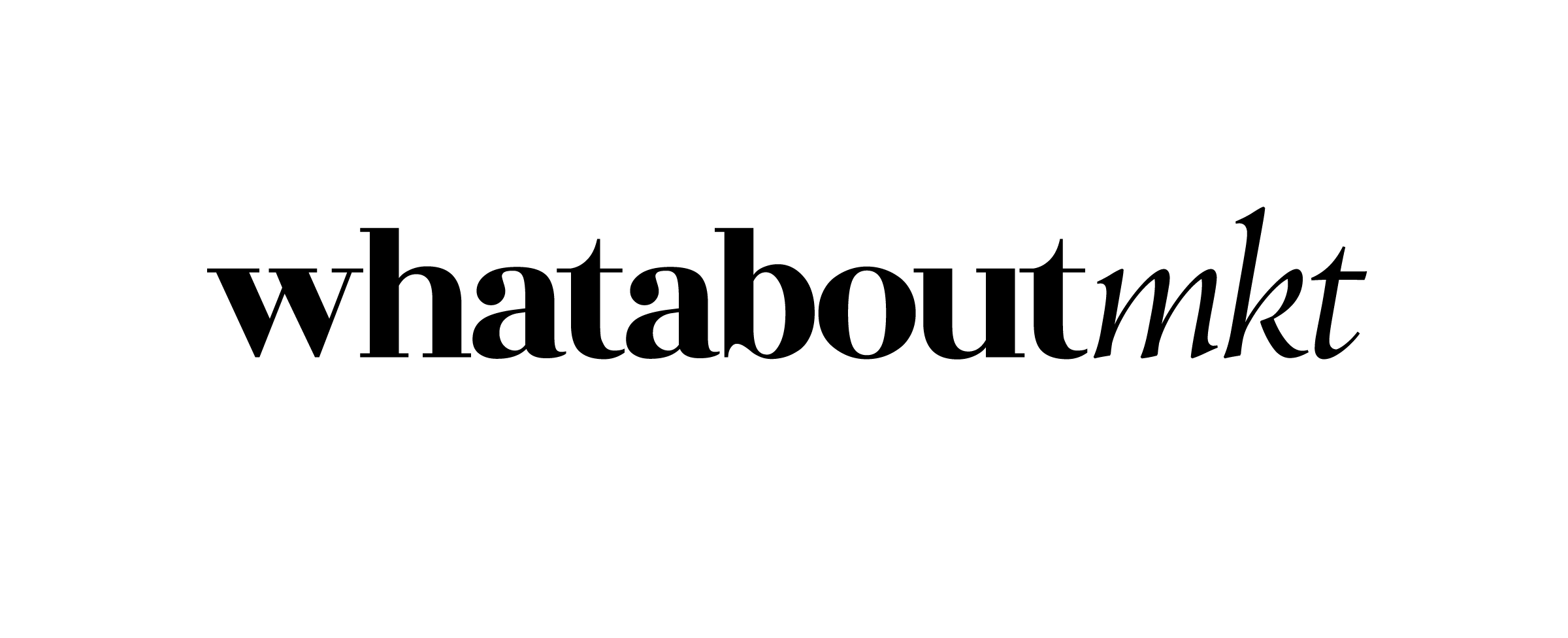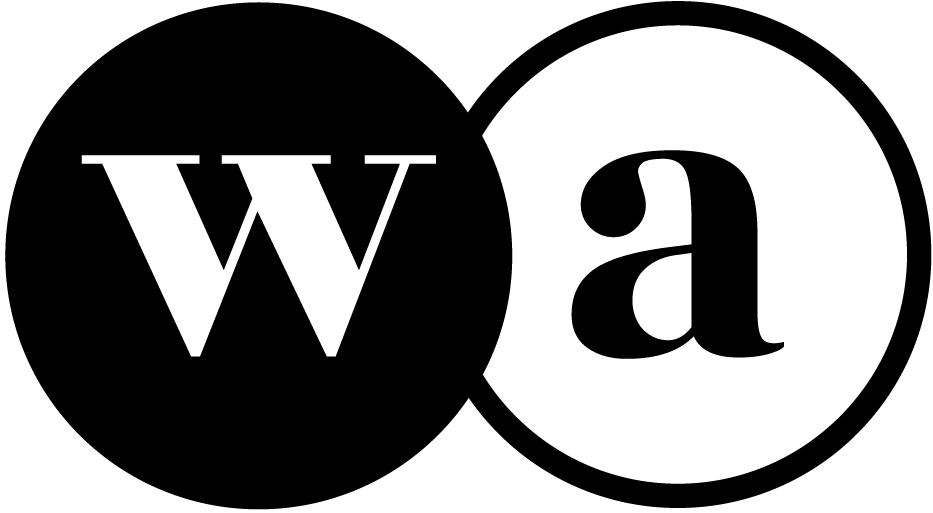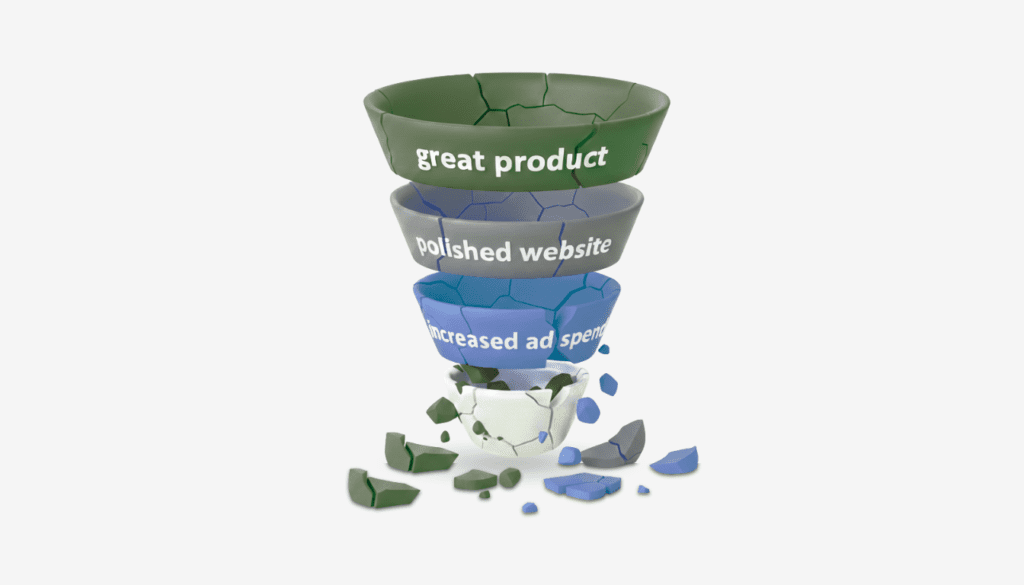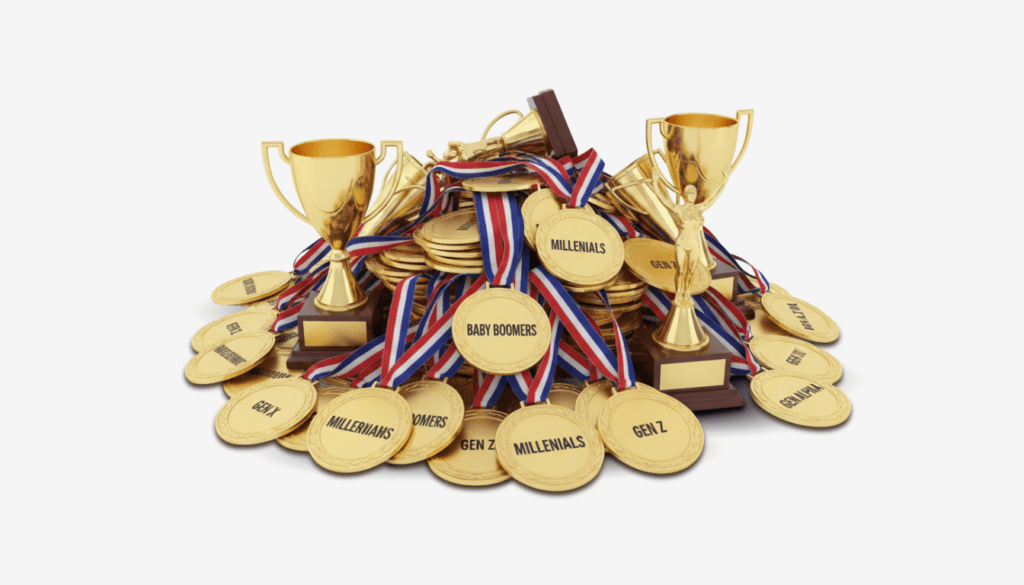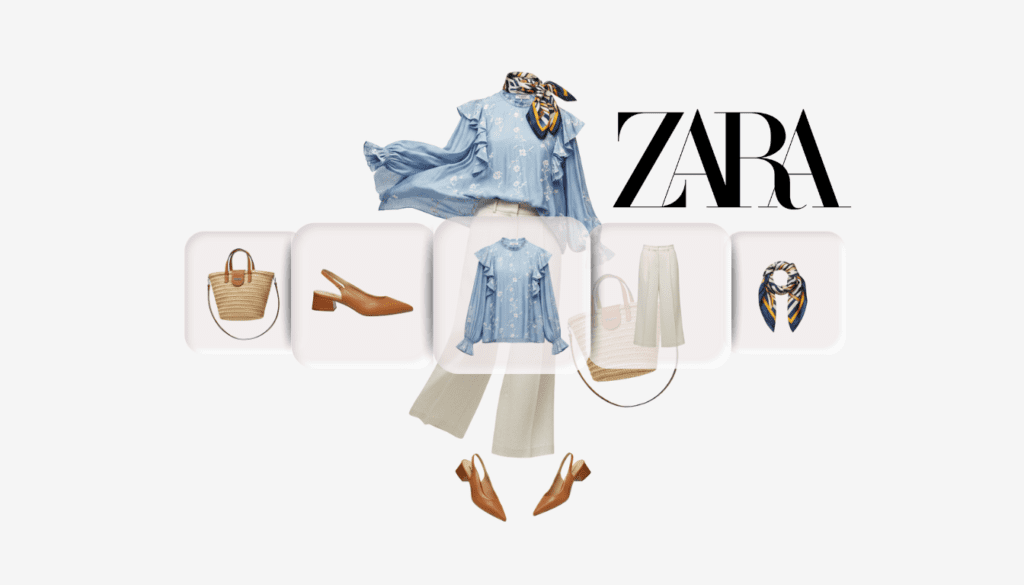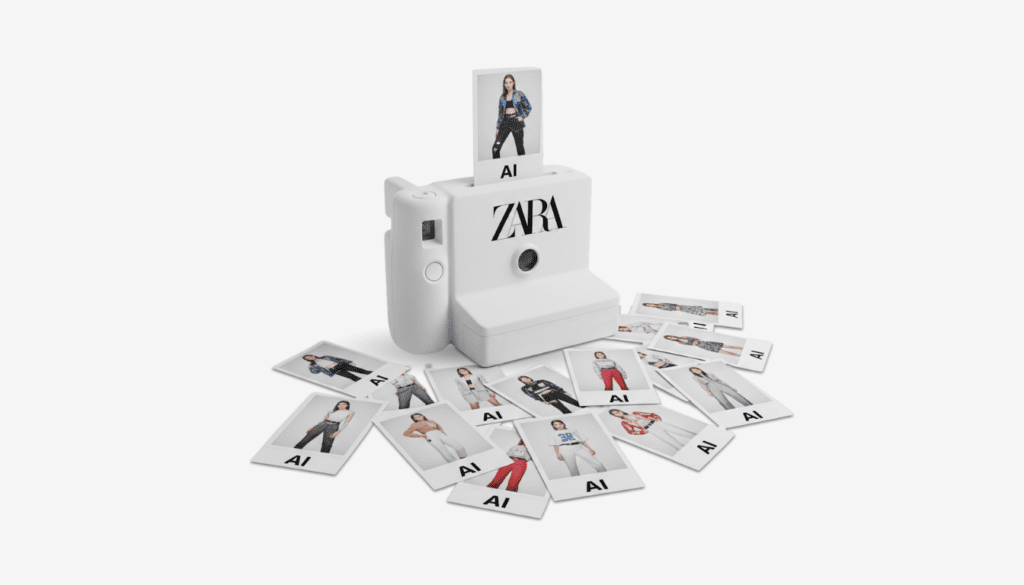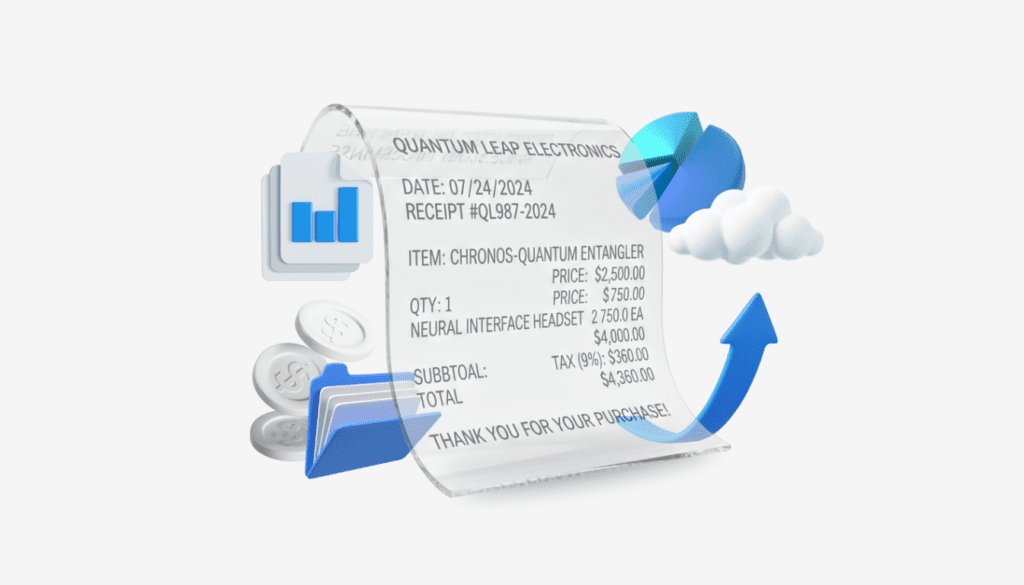PUMA is stepping directly into the global football spotlight in a move that signals both ambition and intent. Beginning with the 2025/26 season, the German sportswear giant will take over from Nike as the official ball supplier for the Premier League. This partnership hasn’t changed hands in a quarter-century. The Premier League, watched in 189 countries and broadcast into over 900 million homes, offers an unparalleled platform for any brand. For PUMA, this is more than a product deal; it’s a bold strategic leap into elite territory.
A Calculated Power Move with Global Impact
The announcement on March 17, 2025, was met with enthusiasm from both PUMA and the League. For PUMA CEO Arne Freundt, the move aligns perfectly with the company’s brand elevation strategy. He emphasized how the partnership places PUMA’s performance technology at the center of one of the world’s most-watched sports spectacles, allowing the brand to create unforgettable moments that transcend the pitch. Premier League CEO Richard Masters echoed the sentiment, noting PUMA’s global reach and commitment to excellence as key reasons for the partnership.
This isn’t PUMA’s first step into the Premier League. The brand already sponsors the powerhouse club Manchester City and has individual contracts with top-tier players such as Jack Grealish, Kai Havertz, and James Maddison. By becoming the official ball supplier, PUMA is now integrating itself across all layers of the football ecosystem—from club to player to League—with one unified and high-impact brand message.
Visibility That Converts to Credibility
But what exactly is at stake here? For one, global brand amplification. The Premier League has a cumulative annual viewership north of 3.2 billion. Every goal, replay, and slow-motion highlight featuring PUMA’s match ball becomes a visual touchpoint, reinforcing brand recall and elevating the logo to near-ubiquity. It moves PUMA from the category of a cool, style-forward brand to that of a trusted performance authority. This credibility shift is crucial for converting everyday fans, serious athletes, and football institutions.
The partnership also unlocks massive marketing leverage. PUMA now has exclusive co-branding rights with the Premier League, opening the door to a flood of omnichannel campaigns across TikTok, YouTube, Instagram, and beyond. Expect co-branded merchandise, direct-to-consumer drops, and digital storytelling that make PUMA a part of the game and the conversation around it.
High Stakes, Higher Expectations
Crucially, the deal extends into grassroots initiatives and community engagement. PUMA will collaborate with the League on youth programs and events like the Premier League Summer Series in the U.S., helping foster the next generation of players and fans. By embedding itself into the emotional entry points of football culture, PUMA is building a long-term loyalty pipeline that begins with Gen Z and Gen Alpha.
Of course, there are challenges. Transitioning from Nike’s long-standing match ball to a new supplier requires performance scrutiny. Arsenal manager Mikel Arteta has previously noted differences in ball grip and flight with PUMA’s technology in other competitions. If players voice dissatisfaction, the backlash could undermine the brand’s positioning. PUMA must ensure that its ball technology not only meets expectations but exceeds them—because, in football, credibility is earned on the pitch.
Redefining the Pace of the Beautiful Game
Still, this is a calculated disruption of the status quo. After 25 years of Nike dominance, PUMA is staking its claim in football’s most prestigious League. It’s a move that challenges the legacy players and asserts a new narrative: that PUMA belongs in the conversation at the sport’s highest level.
Ultimately, this partnership is not just about supplying a ball. It’s about embedding a brand into the world’s game’s rhythm, drama, and emotion. By doing so, PUMA isn’t just playing catch-up—it’s aiming to redefine the pace.
